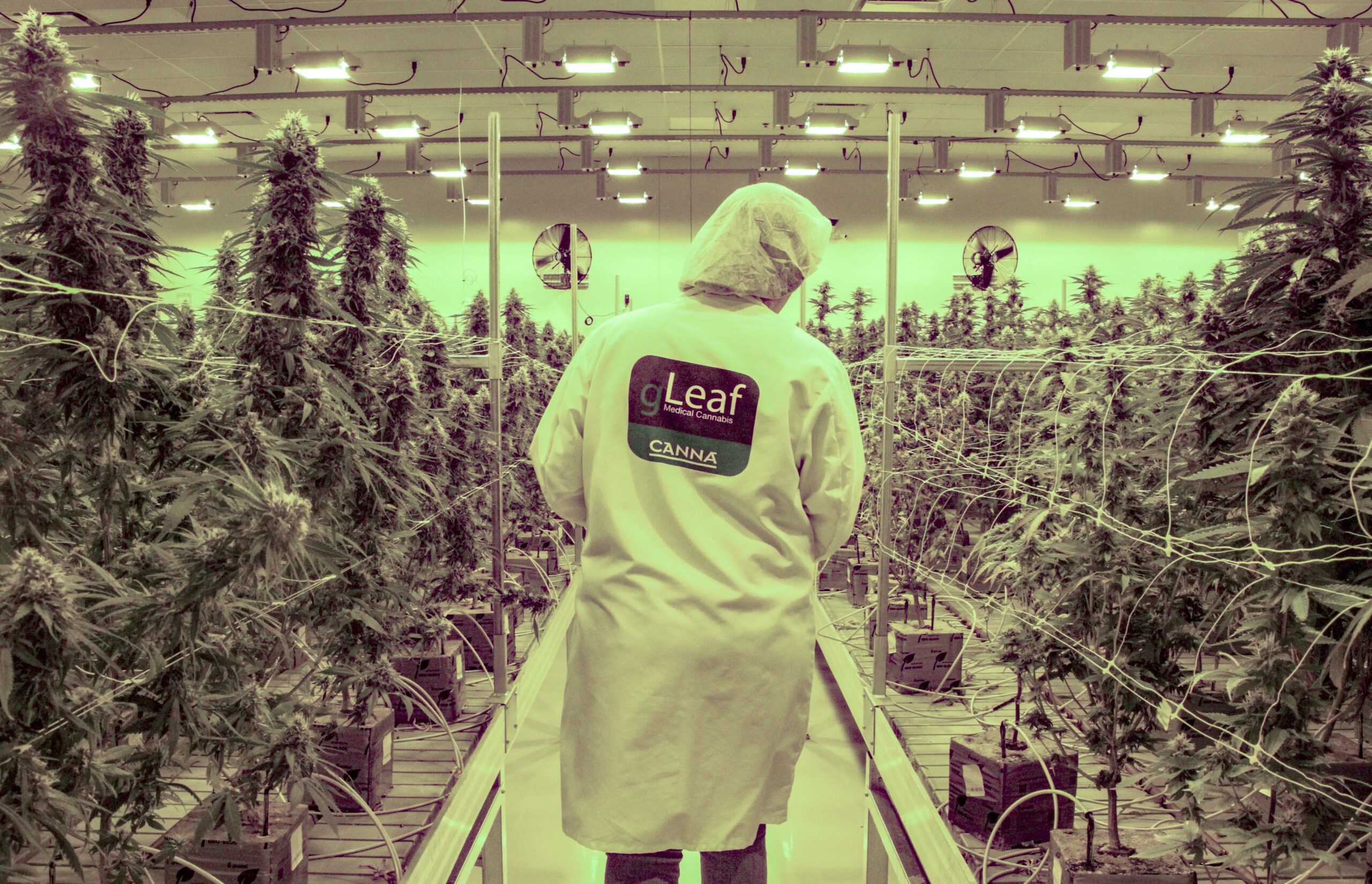
Inexperienced Leaf Medical, Richmond’s medical hashish operator, and different medical operators would have the ability to promote leisure marijuana a 12 months earlier than the broader market opens in 2024 below laws that’s up for a vote this week by the total Senate. (Courtesy of Inexperienced Leaf Medical)
The subsequent section of Virginia’s leisure marijuana retail market took a step ahead final week.
Laws that may enable the state’s present medical hashish operators to jumpstart leisure gross sales subsequent 12 months was authorized by the Senate’s finance committee at its Thursday assembly.
The committee additionally pushed ahead a invoice that may enact the formal launch of the broader leisure marijuana market on Jan. 1, 2024.
Each items of laws now head to the total Senate for a vote to happen by Tuesday.
Early gross sales
Below Sen. Adam Ebbin’s Senate Bill 313, the state’s medical marijuana operators would have the ability to begin to promote leisure pot Jan. 1, 2023, a full 12 months earlier than the retail market is presently slated to launch for everybody else.
The laws would restrict early gross sales solely to the state’s present medical hashish operators and require them to pay a $6 million price every to take part.
These adjustments are among the many tweaks to the initial iteration of SB 313, which had known as for industrial hemp processors to likewise have the ability to get in on the motion early and had initially set the participation price at $1 million.
However hemp processors received the ax and the price elevated to $6 million because the invoice labored its means via Senate committees this month.
Ebbin advised the Senate rehabilitation and social providers committee earlier this month that industrial hemp processors had been eliminated as a result of medical hashish firms have extra expertise making merchandise for human consumption.
“When it comes to the requirements for human ingestion and high quality management … they’ve received the huge expertise,” Ebbin mentioned. “I did have hemp in there initially however they wouldn’t be fairly as prepared.”
Hemp trade lobbyist and Gentry Locke lawyer Greg Habeeb at that assembly criticized the removing of hemp processors from the invoice as shutting native gamers out of the market.
“These are the Virginia companies, the Virginia farmers, on this market and what we’re doing is preferring out-of-state companies,” Habeeb mentioned, and added most of his shoppers are food-grade licensed.
The laws would restrict medical operators to 80,000 sq. ft of cultivation area of their present services for retail hashish. Medical operators would promote leisure marijuana out of their present growing-and-processing services in addition to the 5 satellite tv for pc dispensaries they’re allowed below the state’s medical program.
Virginia has 4 lively medical operators: Inexperienced Leaf Medical (Richmond space), Columbia Care (jap Virginia), Jushi Holdings (Northern Virginia) and Inexperienced Thumb Industries (southwestern Virginia). Columbia Care owns Inexperienced Leaf.
Medical operators that embark on early gross sales could be required to create incubator packages to determine small impartial marijuana companies that qualify as social fairness candidates.
The invoice would tax leisure marijuana gross sales at 21 %. That tax and the price income would stream to the Cannabis Control Authority to create a mortgage program for startup hashish companies that qualify as social fairness candidates.
Native governments would even have the choice to tax the marijuana one other 3 %. The early-sales laws would sundown with the rollout of the market.
Reenactment
The weather of final 12 months’s marijuana legalization laws associated to the creation of the authorized market have to be reenacted earlier than the market can formally open, and Ebbin’s Senate Bill 391 goals to just do that.
SB 391 likewise handed via the Senate finance committee final week. Ebbin’s reenactment invoice does away with most enterprise license caps included in final 12 months’s laws, permitting the Hashish Management Authority to find out the variety of licenses permitted for many hashish enterprise sorts. The exception could be retail shops, which SB 391 would cap at 400 licenses.
The invoice additionally tweaks how social fairness candidates could be outlined, narrowing the definition in methods supposed to focus the invoice’s measures to assist startup marijuana companies operated by folks most affected by marijuana regulation enforcement.
Over on the Home of Delegates facet, a number of marijuana-related payments, together with a House version of reenactment sponsored by Dels. Michael Webert and William Wampler and a bill that would require local referendums earlier than marijuana retailers might open, have but to roll ahead.
Home Majority Chief Terry Kilgore told The Associated Press final week that he anticipated the Home wouldn’t have time to vote on its marijuana laws earlier than Tuesday, the deadline for each the Home and Senate to vote on their respective payments with a purpose to move them alongside to the opposite chamber forward of the governor’s last consideration.
Nonetheless, any inaction within the Home wouldn’t forestall SB 391 from shifting ahead and being voted on by each chambers.
















